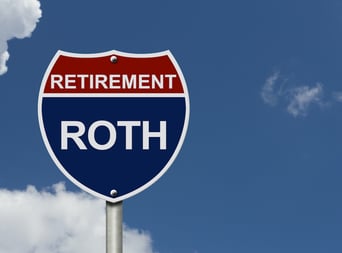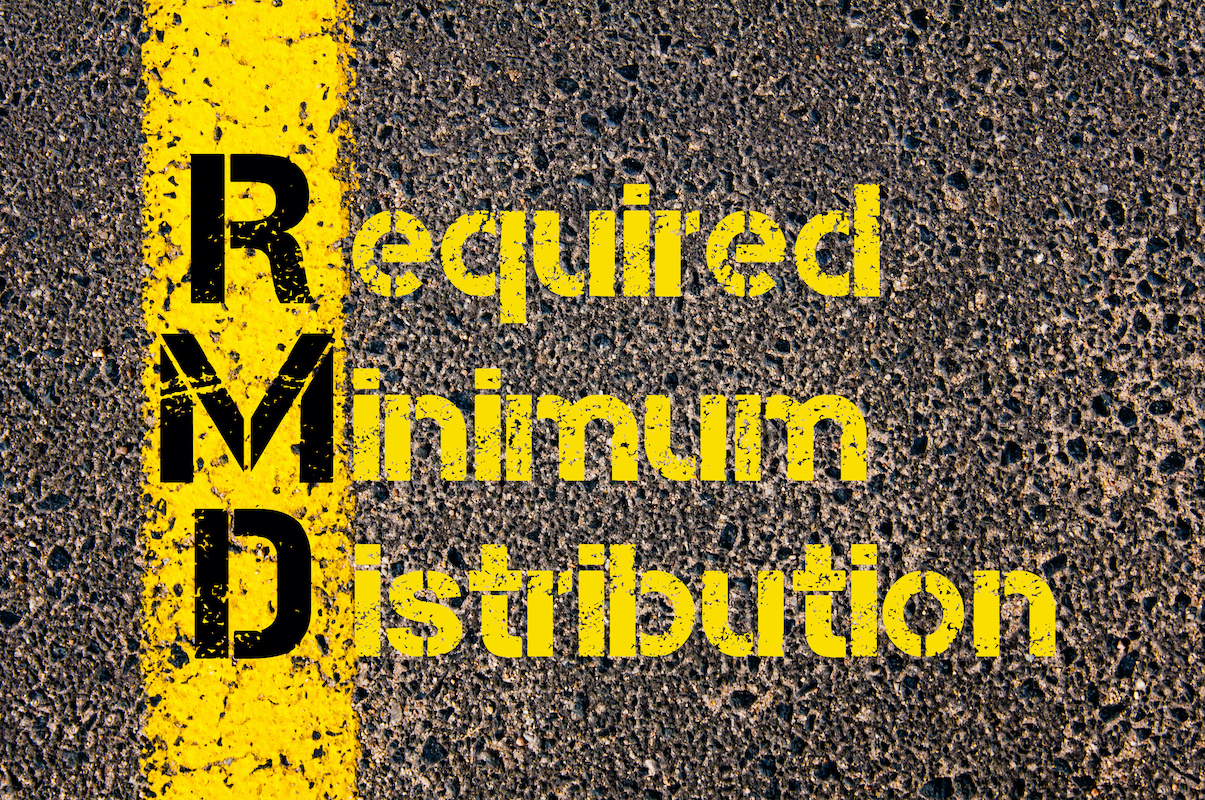4 Strategies For Optimal RMDs From IRAs
Retirement means many things to different people, and unbeknownst to many investors, taxes play a significant role in how your golden years play out. If you are actively seeking Texas retirement planning help, the professionals at PAX Financial Group may be able to help you avoid massive tax bills by understanding how and when to take out required minimum distributions (RMDs) from individual retirement accounts (IRAs)! There is some serious financial strategy to consider to make impactful choices for a cozy retirement.
Tax planning in San Antonio, TX, will be best supported by a financial advisor at PAX.
If you've been diligently saving for retirement and paying attention to what the IRS wants you to do with those savings, then you're probably already aware of required minimum distributions (RMDs). So let's take a closer look at how this rule is applied and some strategies for reducing your tax burden.
This article will roll out the basics of the four optimal RMD from IRA strategies:
- Prepare for RMDs a year in advance
- Converting to a ROTH IRA
- Withdraw from taxable accounts first
- Know and avoid early withdrawal penalties
1. Why do you need to prepare for RMDs the year before?
It’s in your best interest to start preparing for your required minimum distribution (RMD) the year before you reach the age of 72. You're required to take an RMD each year from your retirement account and pay taxes on it. The amount of your RMD is calculated based on your life expectancy.
You can make your first withdrawal by December 31 of the year you turn 72 or wait until April 1 of the following year.
To calculate your RMD, you'll need to know how old you are and the value of your account as of December 31 of the previous year. You'll also need to use IRS Publication 590-B: Distributions from Individual Retirement Arrangements (IRAs) or IRS Form 4972: Tax on Lump-Sum Distributions.
2. Why you should consider converting to a Roth IRA
A Roth IRA is a type of individual retirement account (IRA) that allows you to save money for retirement to avoid taxes on withdrawals. Unlike traditional IRAs, contributions to Roth IRAs are made with after-tax dollars. While this means you can’t deduct the contribution from your tax bill, it also means that when you withdraw funds from a Roth IRA, they will be free from federal income tax and penalty.
A conversion from a traditional IRA to a Roth IRA can be effective if you’re still working and earning taxable income to minimize your RMDs by increasing your base savings outside a 401(k).
This strategy allows you to potentially shelter more money from taxes – even if it means paying more in RMDs over time – since all distributions taken out of a traditional IRA or 401(k) are subject to ordinary income tax rates while all distributions taken out of a Roth IRA are not (some exceptions apply).
3. Why should you withdraw from taxable accounts first?
As a critical retirement savings strategy, our Texas financial advisors may suggest you withdraw from taxable accounts first.
Taxable accounts are not taxed at withdrawal, which means you can take as much money from your taxable account as you like without being penalized by Uncle Sam. Your RMD will eat only what’s left after the money has been taken out of these non-taxed accounts.
So, suppose this is where most of your retirement savings are concentrated. In that case, you may get a bigger tax break than someone whose entire IRA retirement balance is in an account that gets taxed on withdrawal (which is just about all traditional IRAs).
4. How to avoid early withdrawal penalties from IRAs
If you are under age 59.5, the penalty is 10% of the amount withdrawn. The penalty is assessed on the amount withdrawn, not your entire IRA account balance. If you have $100K in your IRA and take out $10K, no early withdrawal penalty will apply because it only applies to withdrawals made before you reach 59.5 years old.
However, if you have only $20K in your IRA and take it all out at once when you're over 59, a 10% early withdrawal penalty would apply since this occurs after age 59 but before age 60.
5. Take-away strategies to help you save more for retirement.

- Consider converting your IRA to a Roth IRA: This strategy may help you get more out of your RMDs because you're taking money from a tax-deferred account and paying tax on it when you convert.
- Withdraw money from taxable accounts before withdrawing from any retirement account: This ensures the funds in these accounts are enough for your needs and that those withdrawals are taken care of before moving on to other accounts (IRAs or 401ks).
- Avoid early withdrawal penalties: Take only what you need annually and track how much is available through each plan.
- Allow a trustworthy financial ally like PAX Financial Group to educate you and keep you abiding by the minimum distribution rules.
These strategies can help maximize your retirement savings, allowing you greater flexibility in managing assets throughout your life. This gives you more options when planning for your retirement and investing needs down the road. If you’re worried about inflation like many other Texas retirees, a fiduciary CERTIFIED FINANCIAL PLANNER™ Professional at PAX Financial Group is here to help.
In conclusion
The rules for RMDs are quite complicated, but they can be managed with proper planning. By following these strategies, you may be able to avoid penalties and keep more of your money invested in retirement accounts.
- Taking a larger RMD in years in a lower tax bracket can allow you to push more retirement savings into higher-tax years
- Having the right balance of taxable and tax-deferred investment accounts.
- Keeping the right amount of money in your IRA
- Maximizing the value of charitable donations and other tax deductions.
- Reducing your adjusted gross income
- Avoiding a bump into the next tax bracket
- Preventing a higher Social Security tax
- Creating some wiggle room
- Giving some of your RMD to charity if it aligns with your faith
If you’d like a few more tax planning for retirement ideas – reach out to the team at PAX Financial Group today!
*Biblically Responsible Investing (“BRI”), Values Based Investing (“VBI”) involves, among other things, screening for companies that fit within the goal of investing in companies aligned with your values, whether they are religious or secular. Such screens may serve to reduce the pool of companies considered for investment. Investing involves risk. BRI and VBI investing do not guarantee a favorable investment outcome.
This material is provided by PAX Financial Group, LLC. The opinions voiced in this material are for general information only and are not intended to provide specific advice or recommendations for any individual. The information herein has been derived from sources believed to be accurate.
Please note: Investing involves risk, and past performance is no guarantee of future results. Investments will fluctuate and when redeemed may be worth more or less than when originally invested. This information should not be construed as investment, tax or legal advice and may not be relied on for the purpose of avoiding any Federal tax penalty.
This is neither a solicitation nor recommendation to purchase or sell any investment or insurance product or service, and should not be relied upon as such. All market indices discussed are unmanaged and are not illustrative of any particular investment. Indices do not incur management fees, costs and expenses, and cannot be invested into directly. All economic and performance data is historical and not indicative of future results.




